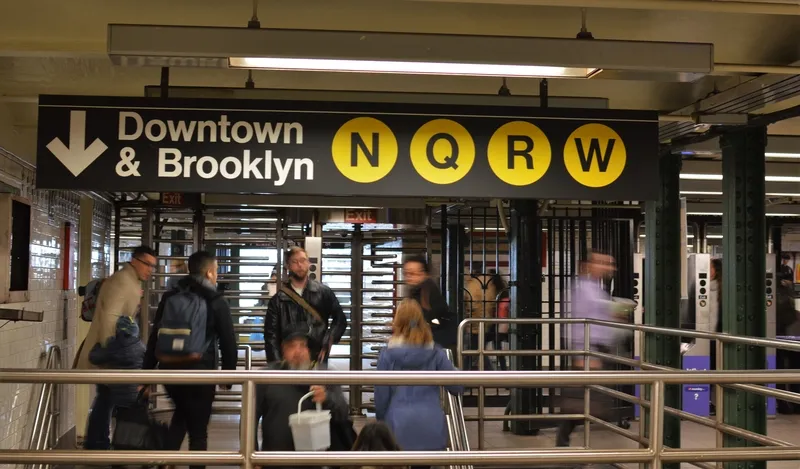
Cubic Transportation Systems is working with Imperial College London on harnessing AI and machine learning (ML) to tackle fare evasion in public transport.
It is launching an innovation centre in September 2025 to conduct research on improving transit agencies’ financial sustainability in a joint initiative with the university's Imperial Consultants.
With experts from Imperial’s Artificial Intelligence and Data Analytics (Aida) Lab, Cubic says it will "form a world-class think tank to tackle the issue of revenue protection"; Transport for London’s 2022-23 estimate of fare evasion puts the figure at around £130-150m in unpaid journeys.
Professor Danilo Mandic, director of the Aida Lab and professor of machine intelligence, Department of Electrical and Electronic Engineering at Imperial, leads the team, which will investigate rider behavioural patterns related to fare evasion and how to incentivise payment for using public transit.
Cubic will also launch an internship programme for students at Imperial "to help foster future talent in the industry and drive innovation".
Cubic says the centre will provide public and private sector thought leaders with a seminar space to present the latest research, demonstrate new technology and discuss emerging strategies for addressing transportation’s most critical challenges, including
“This collaboration is an opportunity for us to develop the transportation experts of the future,” said Mandic. “Our students and researchers will be working closely with Cubic to harness the latest innovations in technology to solve transportation’s most significant challenges. We look forward to working together to develop new ideas, technologies and industry leaders.”
“By developing a centre that bridges industries, academic partners and government agencies, our aim is to discover better solutions for our customers and the wider public transit ecosystem, which will contribute to increased ridership and job opportunities,” said Peter Torrellas, senior vice president and president of Cubic Transportation Systems.
“Our long-term vision is to replicate this model in key markets around the world, expanding our industry-leading partnerships and ensuring innovation is at the core of everything we do.”
Collaboration and research begin immediately, and the centre will be based at Cubic's UK HQ in Redhill, in the county of Surrey, 20 miles south of London.
It will feature a customer experience area with a ‘tube station of the future’ with customisable devices and digital walls for immersive demonstrations. As well as fare evasion, Net Zero commitments and accessibility in public transportation will also be discussed.
The company says it will announce additional academic, non-profit and industry partners for the centre.









